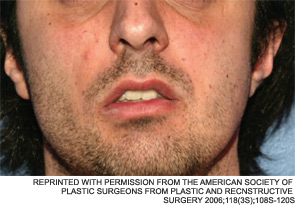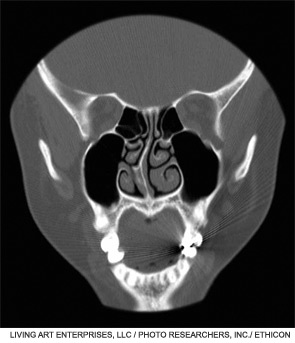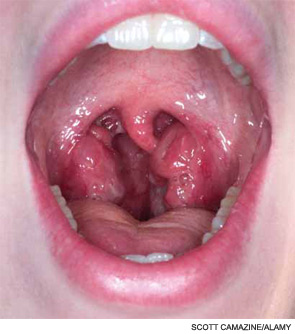Balancing the risks and benefits of concurrent reirradiation and chemotherapy for recurrent head and neck cancers is difficult for physicians at even the most experienced centers. Research recently published in Cancer, however, suggests that selection of patients who may benefit from this therapy should be based on the patient’s previous treatment and the amount of time that has elapsed since initial treatment…







